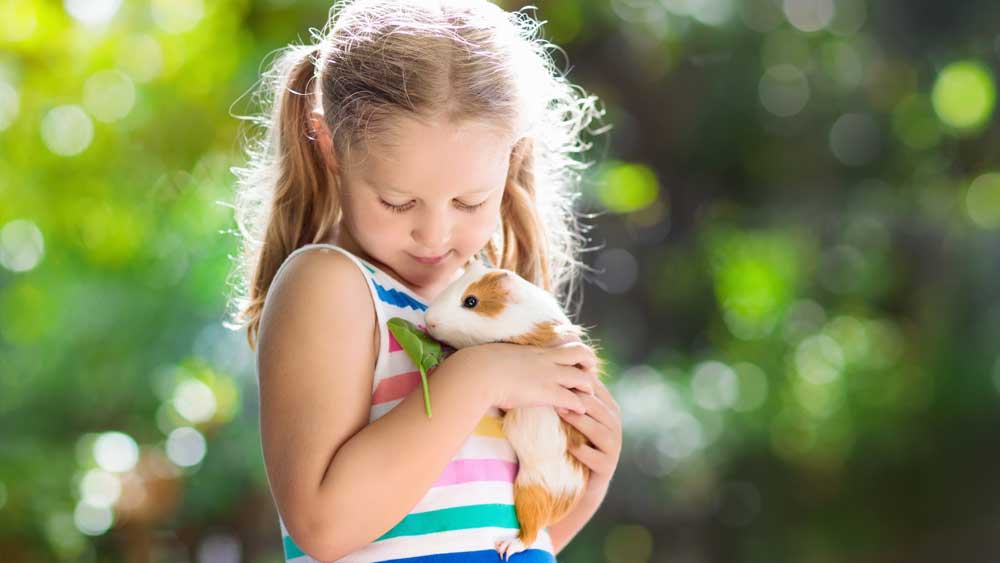Denmark eased its coronavirus lockdown on Wednesday by reopening schools and day care centres, but concerns they might become breeding grounds for a second wave of cases convinced thousands of parents to keep their children at home. The rate of new cases is falling, but the government’s decision has led to a heated debate over how to balance the needs of the economy and the safety of the population—in this case its youngest citizens.1
For example, in Denmark, some parents opine that their children are safer at home than at the schoolhouse.
“I won’t be sending my children off no matter what,” said Sandra Andersen, the founder of a Facebook group called ‘My kid is not going to be a Guinea Pig’ that has more than 40,000 followers. “I think a lot of parents are thinking, ‘Why should my little child go outside first’,” said the mother of two girls aged five and nine.1
Parental choices about health, safety, and whatever else is best for children are part of what parenting is all about. But comparing children to “guinea pigs” is quite a jarring notion.
In the minds of most folks, “guinea pigs” are the equivalent of “lab rats.”
Whenever rats are used for scientific experiments, in laboratories (or elsewhere) they are nicknamed “lab rats”—with some serving as the “control” group, to be compared with the “experimental” group, the latter being subjected so some kind of experimental event or condition, similar to the controlled experiment devised by the prophet Daniel in Babylon.2,3
So it is easy to sympathize with the Danish parents who are among the more than 40,000 followers of the ‘My kid is not going to be a Guinea Pig’ Facebook group.
And yet the healthcare-vs.-recovery dilemma is really not that simple.
Are the children who return to school the experimental “lab rats,” with the stay-at-home kids serving as the “control group”?
Or is vice versa the case: the stay-at-home children serve as the real “guinea pigs,” while the returning-to-school kids are restored as the real “normal” standard?
Now as always—in Denmark and everywhere else—parents need God-provided wisdom to best care for their children.
References
1. Gronholt-Pedersen, J. Kids Aren't Coronavirus 'Guinea Pigs': Danish Mums Rebel as Schools Reopen. Reuters. Posted on reuters.com April 15, 2020, accessed April 23, 2020.
2. Daniel 1 illustrates the classic approach for scientific experiments. “In Chapter I of his book, Daniel gives the account of his use of classical experimental design—a technique to control variables that might bias a scientific research project—in order to acquire knowledge and test a hypothesis. … Daniel's proposed research was set up along what is known as the classical experimental design. According to current methodology, this design is composed of control and experimental groups, with each group being subject to a before-and-after test.” Treece, Jr. and J. W. 1990. Daniel and the Classic Experimental Design. Acts & Facts. 19(3).
3. Ironically, the behavior of Black Rats (Rattus rattus) in the wild, transmitting the Black Death Plague of the bacterium Yersinia pestis, has been used as God’s instrumentality for teaching irreverent humans—and for testing them regarding theological truth! See 1 Samuel 4-6, analyzed in Johnson, J. J. S. 2016. Evolutionary Naturalism vs. Biblical Providence. Acts & Facts. 45(4): 21.
*Dr. Johnson is Associate Professor of Apologetics and Chief Academic Officer at the Institute for Creation Research.



















